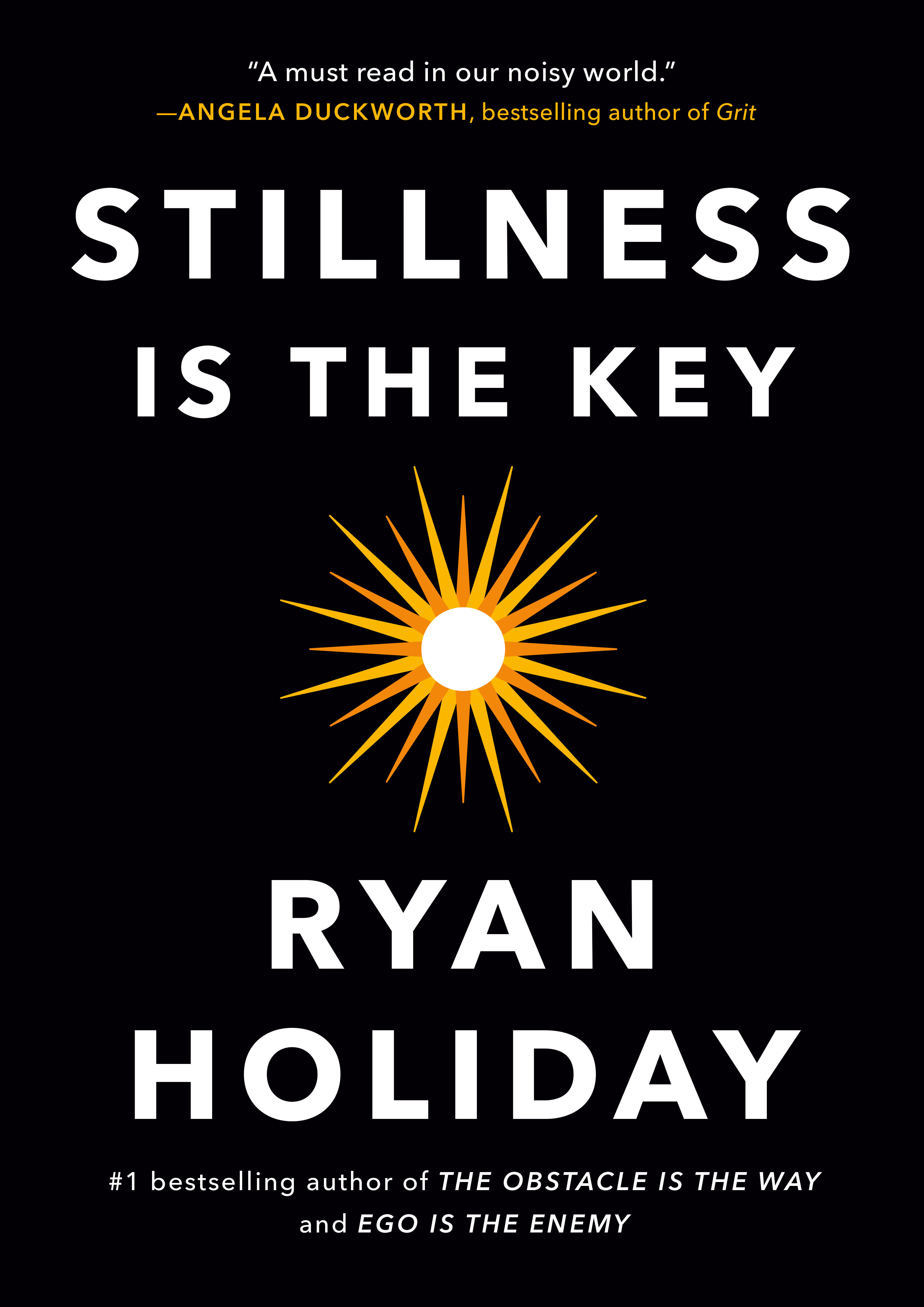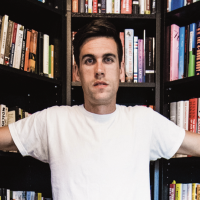The book is available on October 1st. You can preorder here.
Many of us carry wounds from our childhood.
Maybe someone didn’t treat us right. Or we experienced something terrible. Or our parents were just a little too busy or a little too critical or a little too stuck dealing with their own issues to be what we needed.
These raw spots shape decisions we make and actions we take—even if we’re not always conscious of that fact. This should be a relief: the source of our anxiety and worry, the frustrations that seem to suddenly pop out in inappropriate situations, the reason we have trouble staying in relationships or ignoring criticism—it isn’t us.
Well, it is us, just not adult us. It’s the seven-year-old living inside us. The one who was hurt by Mom and Dad, the sweet, innocent kid who wasn’t seen.
Think of Rick Ankiel, one of the greatest natural pitchers to ever play baseball. He had a brutal childhood in the home of an abusive father and a brother who was a drug dealer. His whole life, he stuffed this pain and helplessness down, focusing on his skill on the mound, eventually becoming the minor leagues’ top pitching prospect. Then suddenly, just as his career was starting to go well, in the first game of the playoffs in 2000, in front of millions of people, he lost the ability to control his pitches.
What happened? Just days before, his father and brother had gone to jail on drug charges and Rick had been in the courthouse to see them. He’d been running from that pain and that anger for years, until it finally exploded and shattered the delicate balance that pitching required.
It took years of work with Harvey Dorfman, a brilliant, patient sports psychologist, to coax his gifts back. And even then only so far. Ankiel would pitch only five more times in his career, none as a starter. The rest of his career he spent in the outfield—mostly in center field, the position farthest away from the mound.
Sigmund Freud himself wrote about how common it is for deficiencies, big and small, at a young age to birth toxic, turbulent attitudes in adulthood. Because we weren’t born rich enough, pretty enough, naturally gifted enough, because we weren’t appreciated like other children in the classroom, or because we had to wear glasses or got sick a lot or couldn’t afford nice clothes, we carry a chip on our shoulder.
Some of us are like Richard III, believing that a deformity entitles us to be selfish or mean or insatiably ambitious. As Freud explained, “We all demand reparation for our early wounds to our narcissism,” thinking we are owed because we were wronged or deprived. (This was Tiger Woods to the detail.)
It’s dangerous business, though, creating a monster to protect your wounded inner child. The insecure lens. The anxious lens. The persecuted lens. The prove-them-all-wrong lens. The will-you-be-my-father? lens that Leonardo had. These adaptations, developed early on to make sense of the world, don’t make our lives easier. On the contrary.
Who can be happy that way? Would you put a nine-year-old in charge of anything stressful or dangerous or important?
The movie producer Judd Apatow has talked about something he realized after a big fight during the filming of one of his movies. For years, he had seen every note the studio or the executives had for him, every attempt at restrictions or influence, as if it were the obnoxious meddling of his parents.
Instinctively, emotionally, he had fought and resisted each intervention. Who are these idiots to tell me what to do? Why are they always trying to boss me around? Why are they so unfair? Each of us on occasion has surprised ourself with a strong reaction to someone’s innocuous comments, or thrown a fit when some authority figure tried to direct our actions. Or felt the pull of attraction to a type of relationship that never ends well. Or to a type of behavior that we know is wrong.
It’s almost primal how deep these feelings go—they’re rooted in our infancy. It took therapy and self-reflection (and probably the observations of his wife) for Apatow to understand that the movie studio was not his parents. This was a business transaction and a creative discussion, not another instance of a talented boy being bossed around by otherwise absent parents. But with that realization came stillness, if only because it de-intensified arguments at work.
Think about it: how much better and less scary life is when we don’t have to see it from the perspective of a scared, vulnerable child? How much lighter will our load be if we’re not adding extra baggage on top?
It will take patience and empathy and real self-love to heal the wounds in your life. As Thich Nhat Hanh has written:
After recognizing and embracing our inner child, the third function of mindfulness is to soothe and relieve our difficult emotions.
Just by holding this child gently, we are soothing our difficult emotions and we can begin to feel at ease. When we embrace our strong emotions with mindfulness and concentration, we’ll be able to see the roots of these mental formations. We’ll know where our suffering has come from. When we see the roots of things, our suffering will lessen. So mindfulness recognizes, embraces, and relieves.
Take the time to think about the pain you carry from your early experiences. Think about the “age” of the emotional reactions you have when you are hurt or betrayed or unexpectedly challenged in some way. That’s your inner child. They need a hug from you. They need you to say, “Hey, buddy. It’s okay. I know you’re hurt, but I am going to take care of you.” The functional adult steps in to reassert and reassure. To make stillness possible. We owe it to ourselves as well as to the people in our lives to do this.
Each of us must break the link in the chain of what the Buddhists call samsara, the continuation of life’s suffering from generation to generation. The comedian Garry Shandling lost his brother, Barry, at 10 to cystic fibrosis, and was left for the rest of his life at the mercy of his distraught and controlling mother, who was so disturbed by the loss of her older son that she forbade Garry from attending the funeral for fear that he would see her cry.
But one day, as a much older man, Garry wrote in his diary a formula that might help him overcome that pain and not only heal his own inner child but pass on the lesson to the many surrogate children he had as a mentor and elder in show business. The formula was simple and is key to breaking the cycle and stilling the deep anguish we carry around with us:
Give more.
Give what you didn’t get.
Love more.
Drop the old story.
Try it, if you can.
~
Excerpted from Stillness Is the Key by Ryan Holiday in agreement with Portfolio, an imprint of Penguin Publishing Group, a division of Penguin Random House LLC. Copyright © Ryan Holiday, 2019.











Read 1 comment and reply